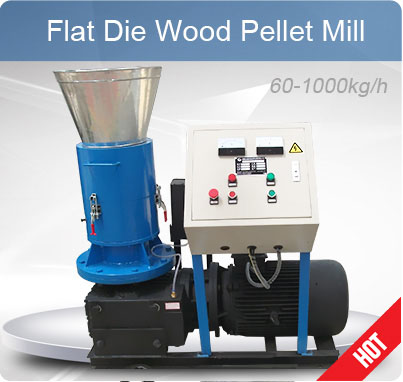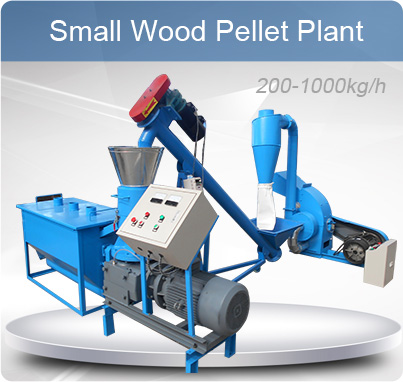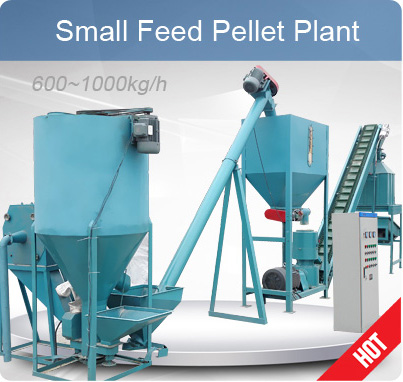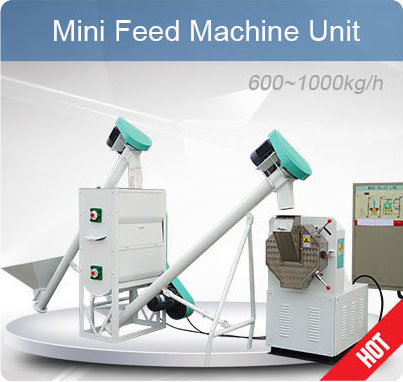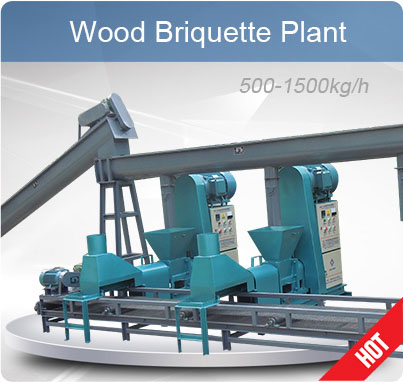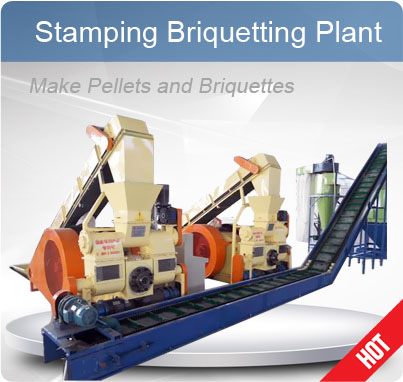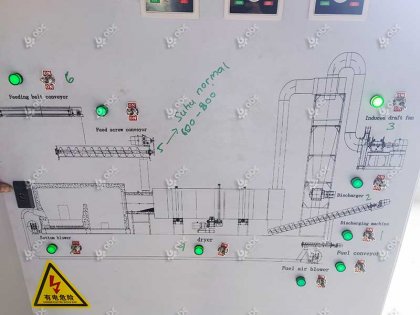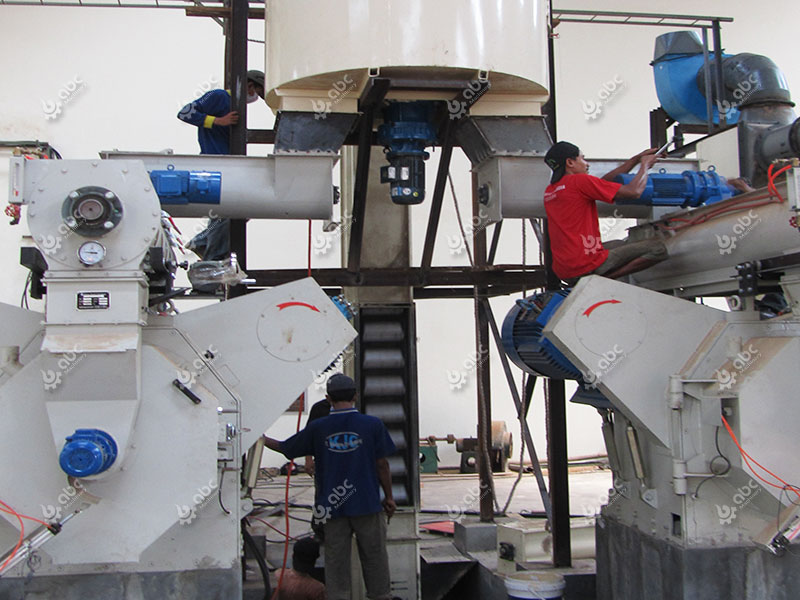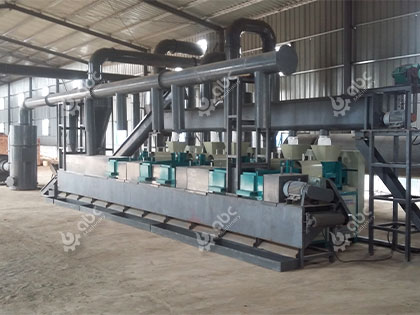What core strategies can help you optimize your RDF (Refuse Derived Fuel) production—while ensuring consistent quality, meeting strict regulations, and minimizing waste? This article breaks down practical, customer-centric best practices to address these critical needs.
If you have specific questions about tailoring these strategies to your facility or need personalized guidance, please reach out to our experts.
Waste Management & Equipment Optimization for RDF Production
Effective waste management is essential for optimizing the RDF process and ensuring that production meets industry standards. Waste disposal strategies directly impact both operational efficiency and final product quality. To manage RDF waste, manufacturers must consider various factors, including waste types, handling methods, and the implementation of innovative technologies. Properly executed waste management practices minimize environmental impact while maximizing production efficiency.
-
Waste Reduction: The first step in RDF waste management is minimizing waste generation. By optimizing the raw material input and reducing process inefficiencies, companies can significantly lower the volume of waste produced. Research suggests that effective preprocessing of waste can reduce RDF waste by up to 30%, contributing to a more sustainable production cycle.
-
Waste Handling Solutions: Advanced waste handling solutions, such as automated sorting systems and energy recovery technologies, ensure that RDF waste is managed in a cost-effective manner. For instance, systems that use Near-Infrared Reflectance (NIR) technology can achieve up to 95% waste separation efficiency.
-
Integration of Recycling Practices: Integrating recycling into the RDF process can improve the overall sustainability of the production. By recovering valuable materials from the waste stream, companies can lower costs and improve their environmental footprint.
-
Equipment Selection & Maintenance: Choosing equipment aligned with your specific production needs (e.g., shredders, dryers, conveyors that handle your waste type) is critical. Additionally, regular maintenance—including scheduled inspections, preventative care, and timely upgrades—prevents breakdowns and reduces downtime. Studies indicate that consistent equipment maintenance can lower production downtime by up to 20%, leading to long-term cost savings.
Ensuring Consistent RDF Production Quality
Consistent RDF quality is non-negotiable for meeting industry standards, satisfying end-users, and maintaining market competitiveness. To achieve this, you need structured quality control measures throughout the production process.
-
Quality Control Procedures:Adopting real-time monitoring systems and standard operating procedures (SOPs) ensures uniformity. These systems track key variables that directly impact RDF quality, such as temperature and moisture content, allowing for immediate adjustments if deviations occur
-
Advanced Testing Techniques: Routine testing, such as calorific value and moisture content analysis, allows producers to monitor RDF quality throughout the production process. These tests help in maintaining uniformity in the final product, ensuring compliance with international standards.
Data from recent studies show that real-time quality monitoring systems can increase RDF production consistency by up to 15%, improving both operational efficiency and market competitiveness.
Implementing Compliance in RDF Production
Adhering to regulatory standards and environmental compliance is not just a legal obligation but also a critical factor in the long-term success of RDF production. To stay compliant, manufacturers must keep up with both local and international environmental regulations governing waste management and emissions.
-
Environmental Regulations: It is essential for manufacturers to stay updated on local regulations concerning emissions, waste handling, and environmental protection. Non-compliance can lead to costly penalties and a tarnished reputation.
-
Compliance Audits: Routine compliance audits ensure that RDF production facilities are operating within the boundaries of the law. Audits should evaluate waste management practices, emissions, and product quality to guarantee that standards are consistently met.
If you want to maximize your RDF production capabilities, address specific challenges in your facility, or explore customized solutions tailored to your needs, contact our experts today!



